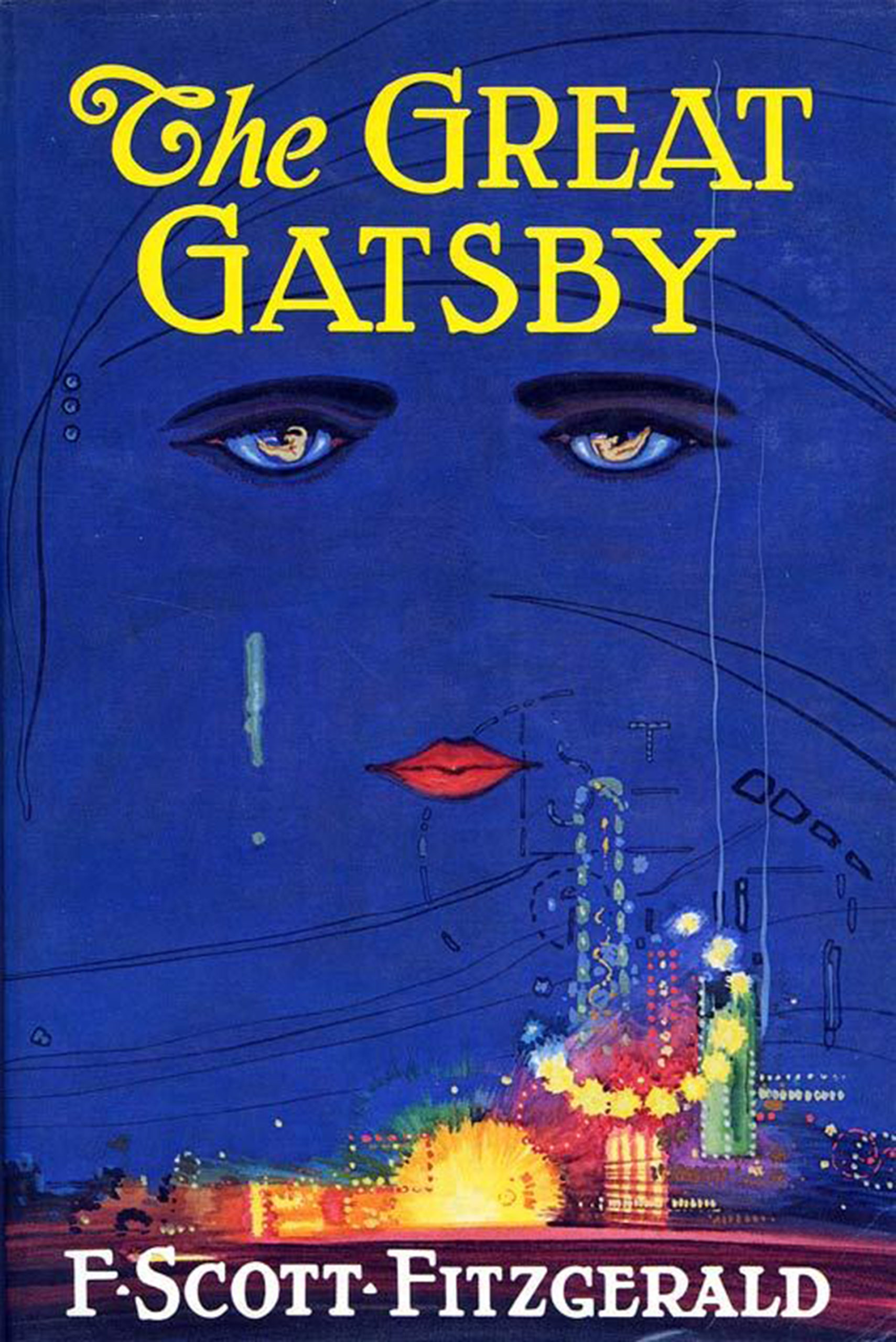The Great Gatsby’s 95th Anniversary


April 10 marks the 95th anniversary of the publication of F. Scott Fitzgerald’s “The Great Gatsby,” arguably one of America’s greatest novels. Just two weeks earlier, it was the 100th anniversary of Fitzgerald’s first novel, “This Side of Paradise,” a literary and commercial success. The author was 24 when it came out, and it made him famous.
The irony is that “This Side of Paradise” is little read today, while “The Great Gatsby,”0 Fitzgerald’s third novel (after the somewhat successful “The Beautiful and the Damned” in 1922) continues to hold a high place in the popular and scholarly world, though when it first was published in 1925, it failed to sell well.
At the time of Fitzgerald’s death in 1940, at the age of 44, he was toiling away in Hollywood, unsung and unread, as unsold copies of Gatsby piled up in Scribner’s warehouse. The author was depressed. He needed money, if not a boost to his ego. As he wrote to his editor, Maxwell Perkins, he knew he had done something different with Gatsby, something better, original: “to die so completely and unjustly after having given so much. Even now there is little published in American fiction that doesn’t slightly bear my stamp.”
The failure of Gatsby to catch on did not, of course, stop Fitzgerald’s writing career. He made some money writing short stories which were and still are admired. He thought “Tender is The Night” (1934), based largely on his East Hampton friends Sara and Gerald Murphy, his best novel, but he never again reached the heights and sales of “This Side of Paradise.” A watchful critic looking back might conclude that by 1925, The Roaring Twenties were quieting down and signs of The Great Depression were already discernible. The Lost Generation was replacing the flappers of The Jazz Age.
So, what happened to turn things around, and how “great” is “The Great Gatsby?” Some influential critics started paying new attention to the novel after the book had been distributed to service men abroad as part of Armed Services Editions, an innovative way to keep the troops diverted. New editions with new edits and introductory remarks also contributed to the revival. Soon, Gatsby was on its way to become a literary and cultural icon, a narrative about the ambiguity of The American Dream. By 1951, Gatsby was an indelible part of the American literary scene when in J.D. Salinger’s “Catcher in the Rye” Holden Caufield says that he went “crazy” over the book. “Old Gatsby. Old sport. That killed me.”
Short, relatively easy to read, as teachers point out, Gatsby wound up on high school and college curricula, and started to spawn incarnations. These included movies, dance and musical revues, theatrical and radio adaptations, even a Nintendo video game, “Find Gatsby.” The novel was also the subject of a spoofy inaugural book club Stephen Colbert started some years back (of course, the blowhard Colbert character didn’t read it).
And today? Criticism continues from readers who point to flawed structure and paucity of sympathetic characters, especially women (they’re all opportunistic), but even those who fault aspects of the book (one read it five times, another 50) say they love it because of its ironies and gorgeous writing. “The Great Gatsby” is Nick Carraway’s tale. What he observes and muses on, sometimes unaware of his contradictions or ambivalence, invites reading out loud.
Can there be in 20th Century American fiction a more quoted passage than the heartbreakingly beautiful, rhythmically right final lines of the book? “Gatsby believed in the green light, the orgiastic future that year by year recedes before us. It eluded us then, but that’s no matter. Tomorrow we will run faster, stretch out our arms farther. And one fine morning — So we beat on, boats against the current, borne back ceaselessly into the past.” (Fitzgerald, his own obsessive editor, as the facsimile edition of “The Great Gatsby” shows, changed “orgastic” to “orgiastic.”)
So many other passages cry out for recitation — moments when dazzling imagery merges with the musical sweep of rolling sentence parts. Voice rules. As Nick realizes, Gatsby’s on the mark when he says that the essence of Daisy is that “Her voice is full of money.” Later, Nick expands on that insight in his own voice, full of sharp critique and moving nostalgia. “For Daisy was young and her artificial world was redolent of orchids and pleasant, cheerful snobbery and orchestras which set the rhythm of the year, summing up the sadness and suggestiveness of life in new tunes.”
It’s unlikely that any movie can do the book justice because “The Great Gatsby” is a story that’s told rather than seen, a recollection two years after events, by a Mid-Westerner of other Mid-Westerners who came east to the North Shore of Long Island one fine summer’s day in 1922 and lost their innocence.



